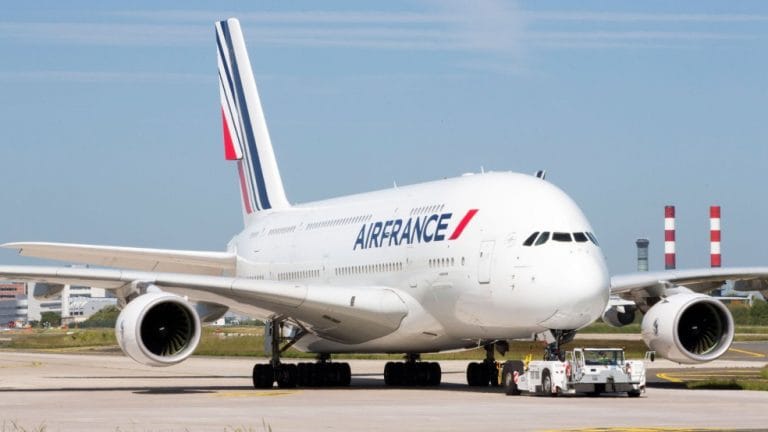🎧 Listen to This Article
France’s aviation industry is feeling the impact of a tripling of the “solidarity tax on airline tickets” (TSBA), with airlines, airports, and business aviation operators reporting decreased traffic, reduced profits, and lost competitiveness in European and global markets.
The tax, introduced in March 2025, adds €4.77 per domestic or intra-European flight and can reach up to €120 on long-haul business-class tickets. While initially presented as a fiscal measure to benefit the state, the levy is increasingly viewed as a self-inflicted blow to France’s travel and tourism sector.
According to a study by the Directorate General of Civil Aviation (DGAC), airlines have largely passed the tax on to passengers, contributing up to two percentage points of higher airfares. Additional fees, including landing, taxiing, parking, and passenger services, have also increased, weakening the competitive advantage of French hubs such as Paris Charles de Gaulle Airport.
Traffic and market impact
DGAC data show that since the second quarter of 2025, seat capacity on flights originating from France increased by only 1.4%, compared with a 4.7% growth across Europe. Optimism for a post-Paris Olympics tourism boost has faded, with transit traffic shifting to rival airports abroad as higher taxes raise layover costs.
Industry bodies and airline executives have voiced concerns:
- National Federation of Aviation and its Trades (FNAM) warned that the TSBA is “self-defeating” and harms both the aviation sector and France’s tourism appeal.
- Air France-KLM CEO Benjamin Smith said the tax has hurt the entire travel ecosystem, including tourism and hospitality.
- Union of Autonomous Airlines (Scara) noted that increased ticket costs are diverting passengers to other European markets.
Impact on business aviation
Business aviation has been particularly affected, with operators reporting a significant decline in demand during the third quarter, while foreign firms saw growth. EBAA France, the leading business aviation association, described the tax as unfair.
Revenue and policy considerations
The TSBA is expected to generate approximately €850 million annually, primarily allocated to the general state budget. Environmental groups, however, argue that passenger behavior is influenced more by airline policies and economic conditions than ticket taxes alone.
As lawmakers prepare the 2026 budget, calls are growing within the industry for tax relief to restore competitiveness. Without adjustments, French airports and airlines risk losing traffic and market share to other European hubs.



